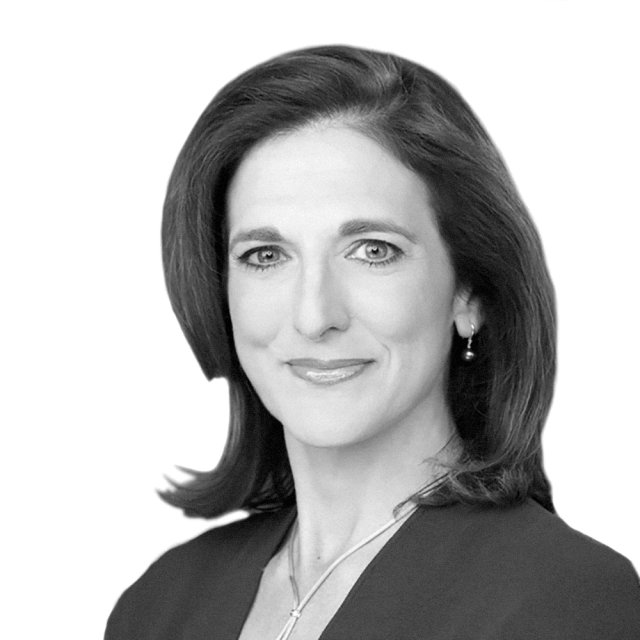How to Create a Quick and Dirty Financial Plan for Yourself

We all know that we should create a thorough, comprehensive financial plan. But for some -- especially those who are just starting their financial journeys -- that notion is so daunting that they simply blow it off.
To help you focus on the issues that need attention, here are some questions to ask yourself:
What is your biggest financial concern? This could be something like paying down student loans; saving for a short-term need, like a rental security deposit or down payment for a car; or targeting a longer-term goal, like saving money for a house, putting money away for a kid’s education or contributing to retirement. Once you've identified it, make that a priority.
Do you track where your money is going? All financial planning roads lead to cash flow. Only by tracking what is going in and what is going out will you be able to determine how to achieve your financial goals. Apps like Mint, You Need a Budget, Digit or even your bank’s tracking software have made this process so much easier. Pick one and learn where your leaks are.
How much money do you have saved? Do you have any debt? When you detail what you own (assets) and what you owe (liabilities), you can create a balance sheet. This can be especially helpful if one of your main objectives is to pay down outstanding debt. Be sure to list all of the interest rates associated with your obligations and when/if they have maturity dates.
How much can you contribute to a retirement plan? For most of us, using an employer-based plan is the path of least resistance, but there are easy ways to automate your retirement contributions using your own traditional or Roth IRA. Either way, look for ways to be more aggressive in your savings. The earlier you start, the easier retirement planning becomes.
Ultimately, your three-minute financial plan should help you start tackling the three pillars of planning success:
- Paying down consumer and then student loan debt
- Establishing an emergency reserve fund (6-12 months before retirement and 12-24 months after retirement)
- Maximizing retirement contributions
